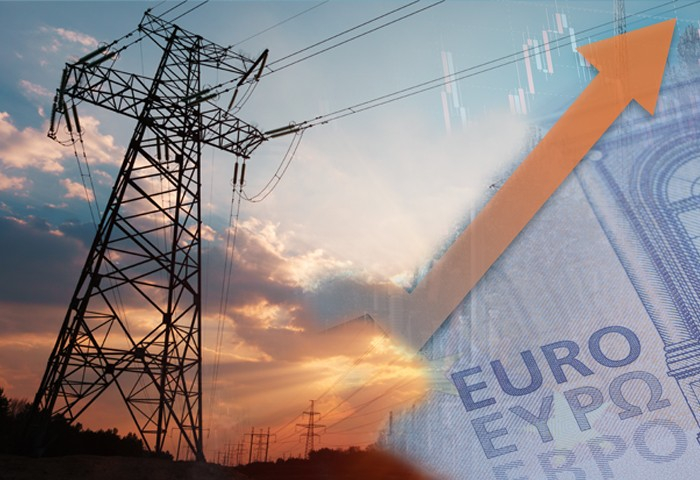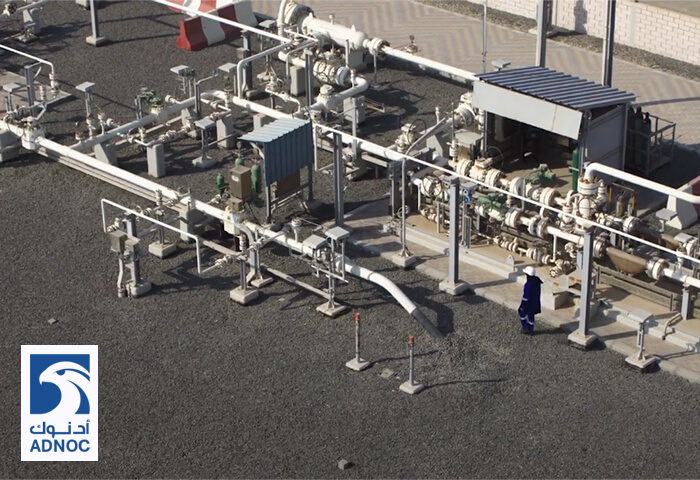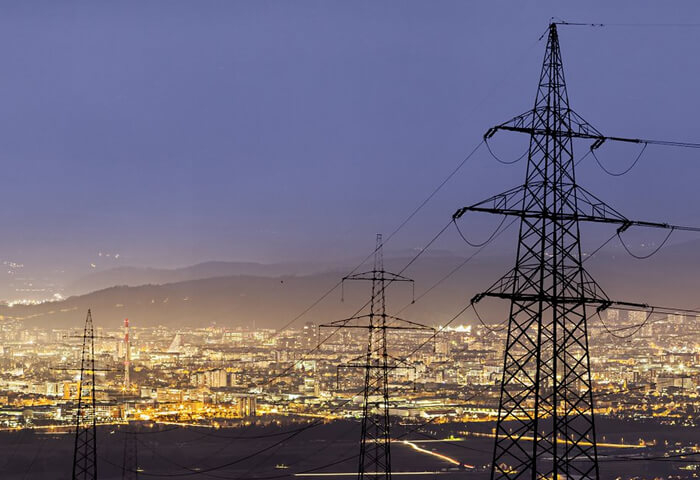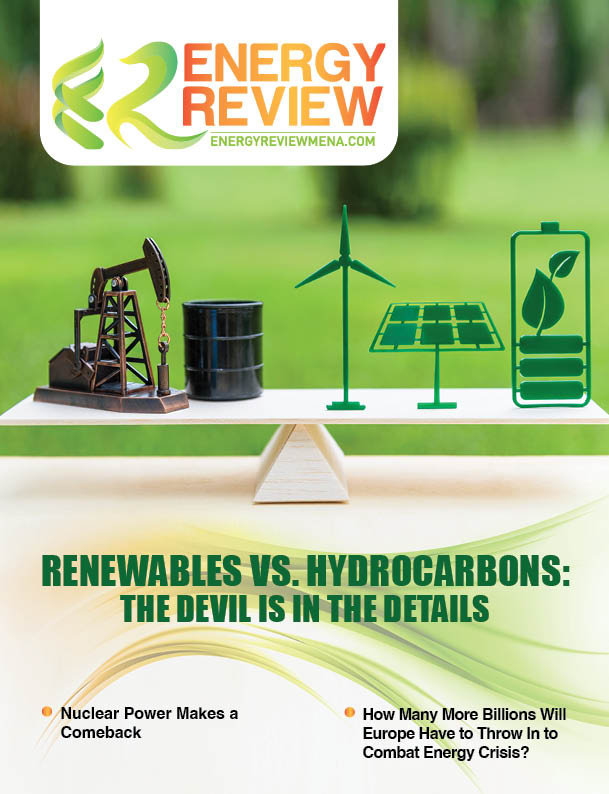All of Europe, not just the European Union, is enduring the consequences of mounting energy prices, especially gas and electricity, as well as the disruptions in Russian gas supply to Europe. And with the Eurozone heading toward an economic recession, the people and enterprises in Europe are in for even bigger shocks.
From capping prices to further aiding businesses and households, European governments are announcing emergency measures to ease the energy crisis that has stemmed from Russia's war on Ukraine and worsens on an almost weekly basis now.
Hundreds of billions of euros have been shelled out so far since Russia invaded its pro-Western neighbor in late February. Governments have gone all out, from capping gas and electricity prices to rescuing struggling energy companies and providing direct aid to households to fill up their cars. The public spending has continued even though European Union countries had already accumulated mountains of new debt to save their economies from the fallout of the COVID-19 pandemic in 2020. Though some leaders have taken pride in their use of the public purse to battle this new crisis, the spending has sent inflation soaring, raised the cost of living and sparked fears of recession.
After announcing 14 billion euros ($13.9 billion) in new measures, Italian Prime Minister Mario Draghi boasted that this put Italy “among the countries that have spent the most in Europe.”
The Bruegel Institute, a Brussels-based think tank tracking energy crisis spending by EU governments, ranks Italy as the second-biggest spender in Europe after Germany.
Rome has allocated 59.2 billion euros since September 2021 to shield households and businesses from rising energy prices, accounting for 3.3% of its gross domestic product.
Germany tops the list with 100.2 billion euros, or 2.8% of its GDP, as the country was hit hard by its heavy reliance on Russian gas supplies, which have dwindled in suspected retaliation over Western sanctions against Moscow for the war.
Recently, Germany announced the nationalization of troubled gas giant Uniper. Furthermore, France, which shielded consumers from gas and electricity price increases as early as November, ranks third with 53.6 billion euros allocated so far, representing 2.2% of its GDP.
The British government lifted a ban on fracking for shale gas – a controversial method to dig for fossil fuels – that had been in place since 2019.
"In light of Putin's illegal invasion of Ukraine and weaponization of energy, strengthening our energy security is an absolute priority,” said Business and Energy Secretary Jacob Rees-Mogg.
"To get there, we will need to explore all avenues available to us through solar, wind, oil and gas production – so it's right that we've lifted the pause to realize any potential sources of domestic gas."
Fracking is a technique for recovering gas and oil from shale rock that involves drilling into the earth, an invasive process that can cause tremors and environmental degradation.
Spending to Rise
EU countries have put up 314 billion euros so far since September 2021, according to Bruegel.
"This number is set to increase as energy prices remain elevated," Simone Tagliapietra, a senior fellow at Bruegel, commented.
The energy bills of a typical European family could reach 500 euros per month early next year, compared to 160 euros in 2021, according to US investment bank Goldman Sachs.
The measures to help consumers have ranged from a special tax on excess profits in Italy to the energy price freeze in France and subsidies for public transport in Germany. But the spending follows a pandemic response that already increased public debt, which in the first quarter accounted for 189% of Greece's GDP, 153% in Italy, 127% in Portugal, 118% in Spain and 114% in France.
“Initially designed as a temporary response to what was supposed to be a temporary problem, these measures have ballooned and become structural,” Tagliapietra said.
“This is clearly not sustainable from a public finance perspective. It is important that governments make an effort to focus this action on the most vulnerable households and businesses as much as possible,” he noted.
Budget Reform
The higher spending comes as borrowing costs are rising. The European Central Bank hiked its rate for the first time in more than a decade in July to combat runaway inflation, which has been fueled by soaring energy prices.
The yield on 10-year French sovereign bonds reached an eight-year high of 2.5%, while Germany now pays 1.8% interest after boasting a negative rate at the start of the year.
The rate charged to Italy has quadrupled from 1% earlier this year to 4% now, reviving the specter of the debt crisis that threatened the eurozone a decade ago.
"It is critical to avoid debt crises that could have large destabilizing effects and put the EU itself at risk," the International Monetary Fund (IMF) warned in a recent blog while calling for reforms to budget rules.
The EU has suspended until 2023 rules that limit the public deficit of countries to 3% of GDP and debt to 60%.
Next month, the European Commission plans to present proposals to reform the 27-nation bloc's budget rules, which have been shattered by the crisis.









